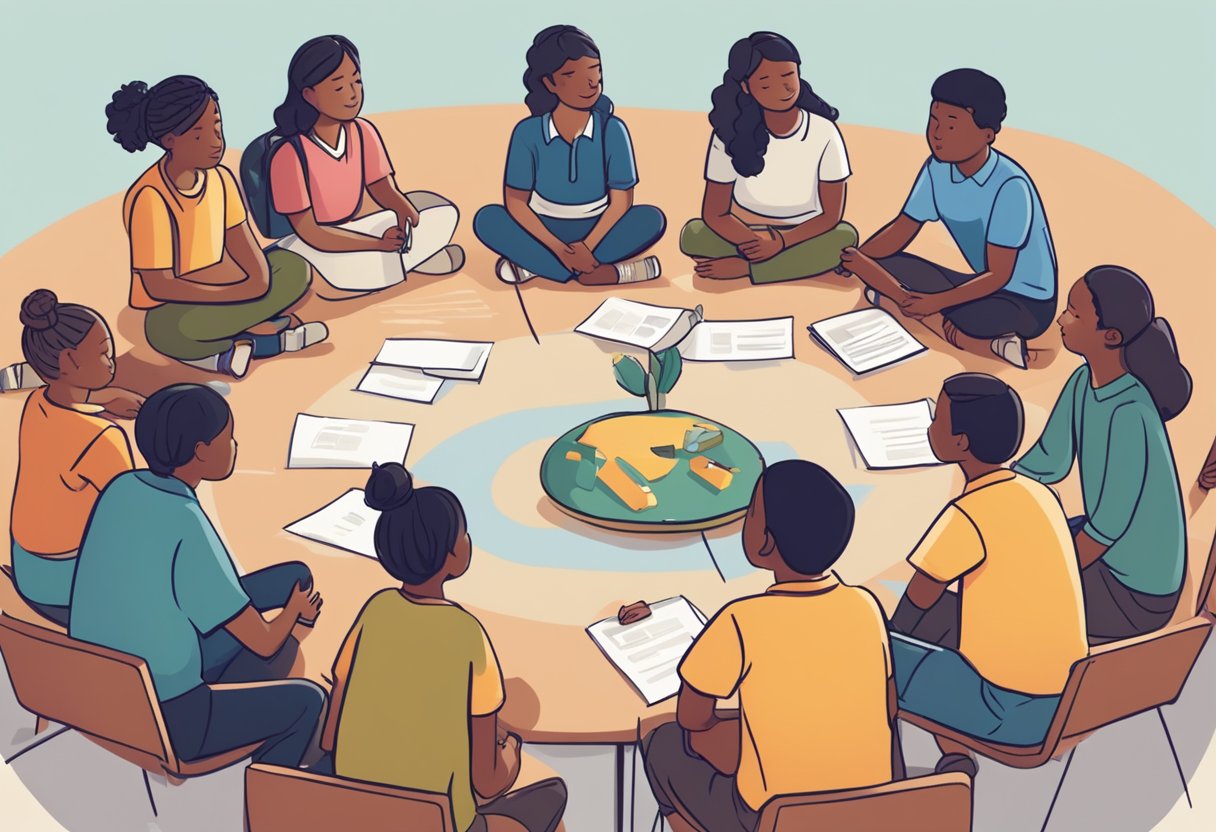Author:
Growing up in Jos, Nigeria, a city that perfectly captures the beauty and conflicts of cultural diversity. Both Indigenous populations and settler groups call Jos home, and their histories sometimes coexist peacefully and other times in conflict. I’ve lived through three significant crises, but the one in 2001 was the most devastating. Properties were destroyed, thousands of people were killed, and life never fully returned to what it used to be.
Nigeria, despite being one of the most culturally diverse nations in Africa, our education system has never truly embraced this reality. The history that is being taught in school has barely scratched the surface, and students are discouraged from sharing their own experiences in ways that would promote greater feelings of mutual understanding and connection while talking about diversity, this caused a strong sense of alienation in me as a student.
Furthermore, I believe storytelling may be a potent tool for recovering these lost voices. Howe, Johnson, and Te Momo (2021) emphasize how Indigenous ways of knowledge can be included in the classroom through narration. The goal of educators should be to provide an environment in the classroom where students’ ethnic identities are valued and given center stage. By encouraging students to share their experiences and viewpoints, we may overcome the walls that have long separated us and promote empathy and understanding. I think that land acknowledgments are important, not only as a formal gesture but also as a step toward justice by acknowledging the history that has been suppressed and the people whose lands we inhabit.
In conclusion, a culturally responsive curriculum is about people, not just about knowledge. The goal is to ensure that every student acknowledges that their narratives are heard and culture valued, not just celebrated but in a genuine way.
Reference
Howe, L., Johnson, P., & Te Momo, O. (2021). Effective Indigenization of Curriculum in Canada and New Zealand: Towards Culturally Responsive Pedagogies.

Hi Mercy,
Your reflection effectively highlights the need for a culturally responsive education system in Nigeria. By sharing your personal experiences of growing up in Jos and witnessing crises, you provide a compelling backdrop for the importance of inclusive education. Besides, your emphasis on storytelling as a tool for reclaiming lost voices is particularly powerful, and referencing Howe, Johnson, and Te Momo (2021)also strengthens your idea. Additionally, advocating for land acknowledgments as a step toward justice is also a thought-provoking call to action. However, integrating storytelling into formal curricula may be challenging due to rigid educational policies. Overall, your piece effectively advocates for inclusivity and deeper cultural representation in education. Great work!
Hi Mercy,
Thank you for delving into your upbringing in the city of Jos and Its welcoming nature for locals and people from other parts of the country. Although the crisis paints a different picture of the city such experiences serve as a learning process fostering understanding and unity. History plays a pivotal role in every society. As a student I only wonder how you felt not being exposed to the important events that shaped your country and existence.
The recommendation you proposed sheds light on the importance of allowing students to share their stories in an enabling environment, coupled with the feeling that they are considered and well-appreciated.
Your tale about Jos’s uniqueness and grief is incredibly interesting.
I can identify to feeling alienated when the curriculum ignores my realities as a Vietnamese student. Your use of storytelling as an empathy tool is similar to how I taught a failing Chinese student narratives help to overcome gaps.
Howe et al. (2021) back this up by demonstrating how Indigenous voices influence learning (page 23).
I like your demand for genuine acknowledgment rather than simple celebration.
How might you establish land acknowledgements in Nigeria, when history is so contested? Your reflection encourages me to reconsider how I prioritize my students’ identities.
Your story about clashes that occurred between Indigenous and colonizers is indicative of what is happening in Canada. I liked what you stated about the land acknowledgment as a sign of respect to those people who have been supressed.